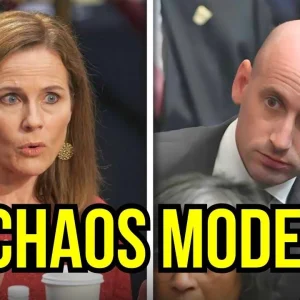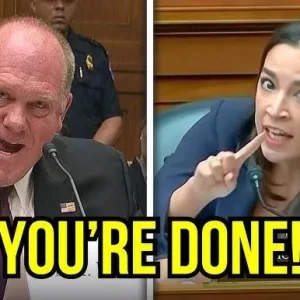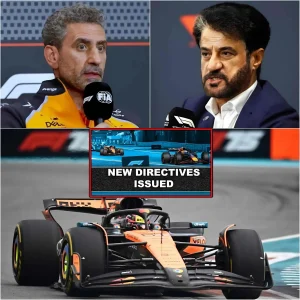On May 20, 2025, the U.K. government announced the suspension of free trade negotiations with Israel and imposed new sanctions targeting West Bank settlers, citing Israel’s military actions in Gaza and escalating violence in the occupied West Bank. Foreign Secretary David Lammy condemned Israel’s policies as “egregious,” pointing to a nearly three-month blockade of humanitarian aid into Gaza that has triggered famine warnings and over 53,000 Palestinian deaths since October 2023, mostly women and children, according to Gaza’s Health Ministry. The U.K.’s decision, which followed a joint statement with France and Canada, marks a significant escalation in criticism from Israel’s allies, with Prime Minister Keir Starmer calling the suffering of Gaza’s children “utterly intolerable” and demanding a ceasefire to free hostages held by Hamas.
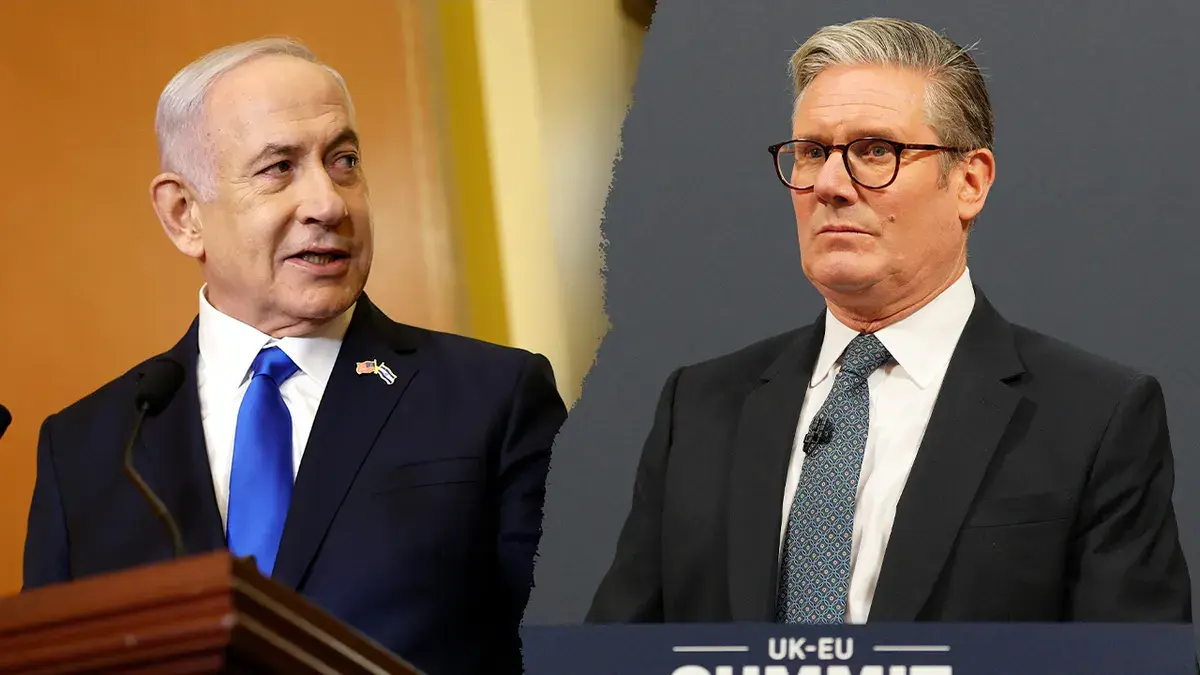
The sanctions target three individuals, including settler leader Daniella Weiss, two illegal outposts, and two organizations linked to violence against Palestinian communities. Lammy highlighted a surge in settler attacks—over 1,800 since January 2024, per U.N. data—accusing the Israeli government of enabling these actions, which threaten the two-state solution. The measures include financial restrictions, travel bans, and director disqualifications. Israel’s Foreign Ministry called the sanctions “unjustified and regrettable,” arguing that trade talks were already stalled and that the U.K.’s actions harm its own economic interests. They also referenced the recent killing of Tzeela Gez, a pregnant Israeli woman, to underscore their claim that the U.K. ignores Palestinian terrorism.
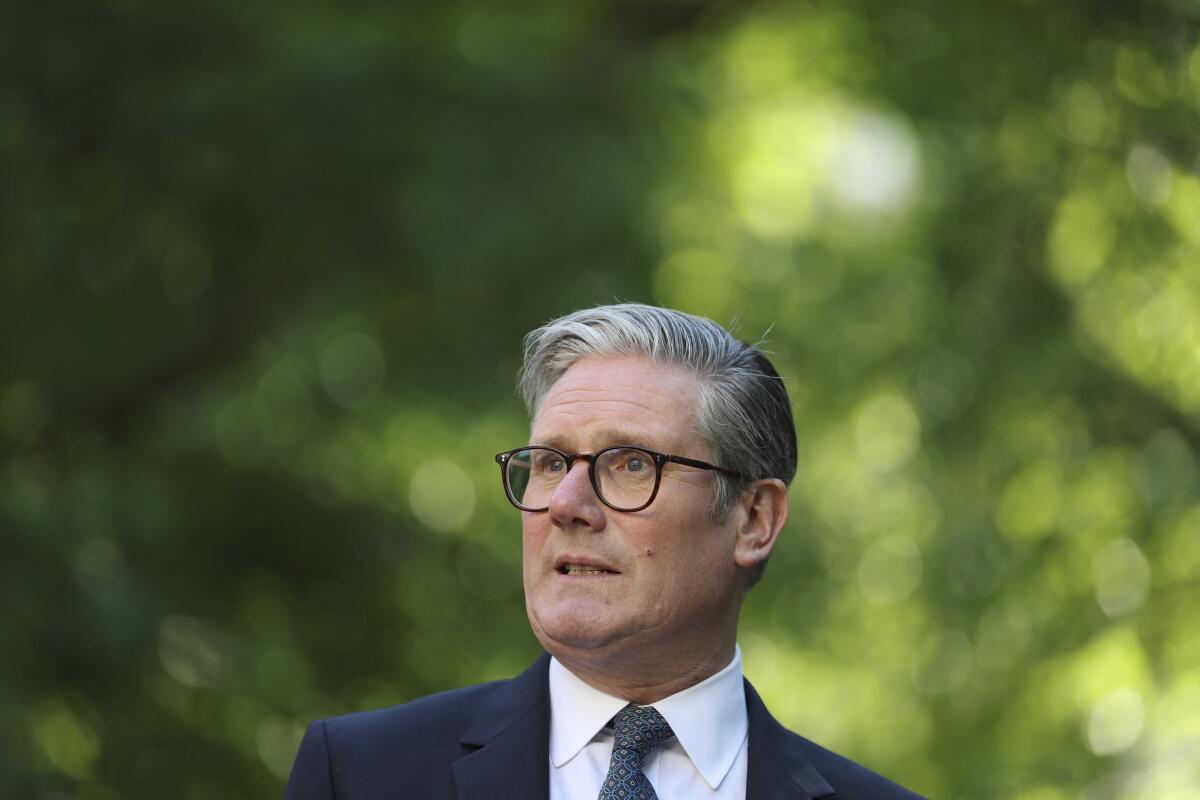
The suspension follows a Monday statement by Starmer, French President Emmanuel Macron, and Canadian Prime Minister Mark Carney, threatening “concrete actions” if Israel did not halt its Gaza offensive and lift aid restrictions. While Israel allowed limited aid trucks into Gaza on May 19, U.N. official Tom Fletcher described the volume as a “drop in the ocean.” The U.K. summoned Israel’s ambassador, Tzipi Hotovely, with Middle East Minister Hamish Falconer labeling the 11-week aid blockade “cruel and indefensible.” Critics in the U.K. Parliament, including Labour MPs and others, urged stronger measures, such as recognizing Palestine or imposing broader sanctions, while some accused Lammy of not labeling Israel’s actions as “genocide,” a charge he rejected as “extremist.”
The move reflects growing international frustration with Israel’s policies, with the EU also reviewing its trade pact with Israel, as noted by foreign policy chief Kaja Kallas. However, Israel’s government, led by Benjamin Netanyahu, dismissed the U.K.’s actions as rewarding Hamas and insisted external pressure would not deter its security operations. The U.K.’s partial arms embargo, excluding F-35 components, and approval of £127.6 million in military exports to Israel since September 2024, raise questions about the consistency of its stance. The suspension of trade talks, while symbolic, underscores a deepening rift with Israel, balancing moral outrage with economic and diplomatic realities, as domestic and global pressures shape the U.K.’s response to the ongoing crisis.

